Slate of Nominated Officers and Councilors for 2025
The slate of Officers and Councilors put forward by the Nominating Committee is announced. These candidates would start their positions in 2025. More…
Statement from Nominated Vice-President Maria Schönbächler
This is the statement written by the nominated Vice-President Maria Schönbächler, who is nominated to begin the role of Vice-President in January 2025. More…
Report of the 85th Meeting of the Meteoritical Society
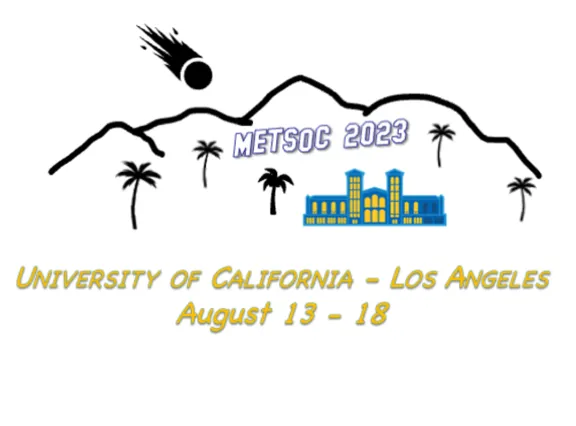
The 85th Annual Meeting of the Meteoritical Society was held in August 2023 on the campus of the University of California – Los Angeles (UCLA) in Westwood, California. MetSoc2023 was the 5th time the Society has met at UCLA, the most recent prior meeting being in 2002. More…
2023 McKay and Wiley Awards Announced
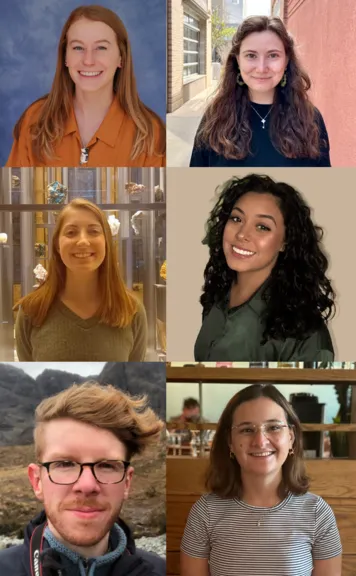
Announcement of the McKay and Wiley Award recipients from the 2023 annual meeting. More…
Hiroshi Takeda (1934-2023)
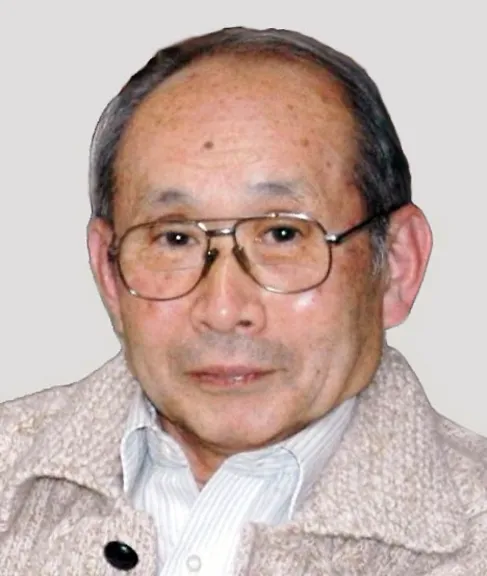
Hiroshi Takeda, an Emeritus Professor at the University of Tokyo, passed away on September 11, 2023, just one day short of his 89th birthday. Globally recognized for his groundbreaking work in mineralogy and crystallography for solid Earth and planetary material science, Takeda's accolades are numerous. Notably, he received the Leonard Medal from the society in 2010. Back home in Japan, he was honored with the Special Award during the Japan Mineralogical Society's 50th anniversary in 2002 and the esteemed 26th Manjiro Watanabe Award in 2009. More…
October 2023 Newsletter
Newsletter sent to members in October 2023. More…
Announcement of the 2024 Meteoritical Society Awards
At the Meteoritical Society Business Meeting at the annual meeting at UCLA, those selected to receive 2024 Awards were announced. More…
The 3rd Turkish Meteorite Workshop
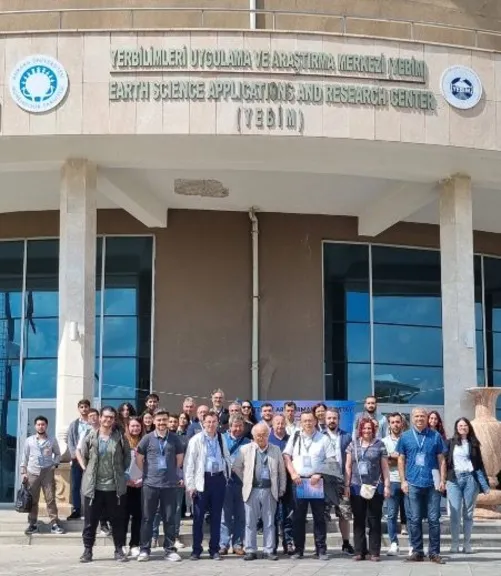
An Endowment Fund Grant supported participants across Turkey to attend the 3rd Turkish Meteorite Workshop. More…
Origins of Solar Systems Gordon Research Conference and Seminar Support
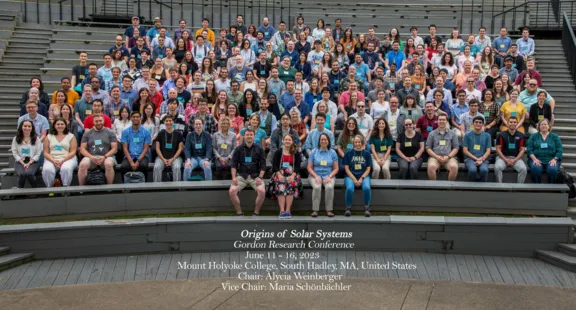
An Endowment Fund Grant supported early career scientists to participate in the Origins of Solar Systems Gordon Research Conference. More…
DINGUE VIII Travel Awards
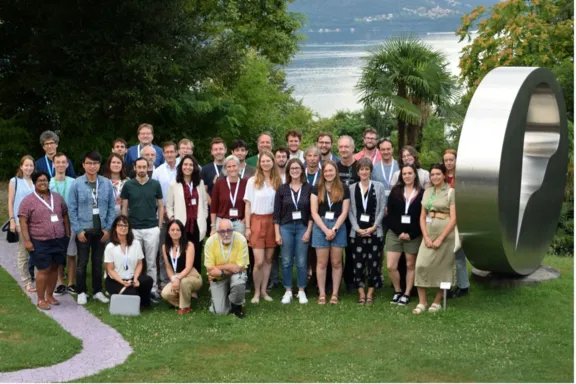
An Endowment Fund Grant supported travel awards for the DINGUE VIII meeting. More…